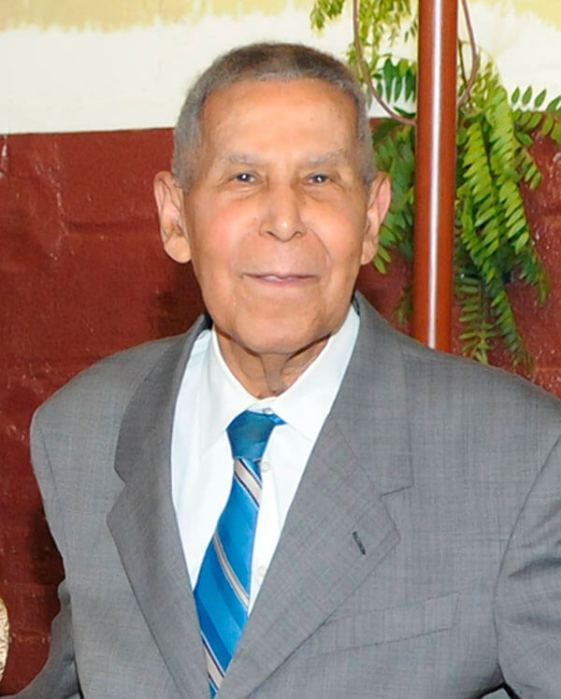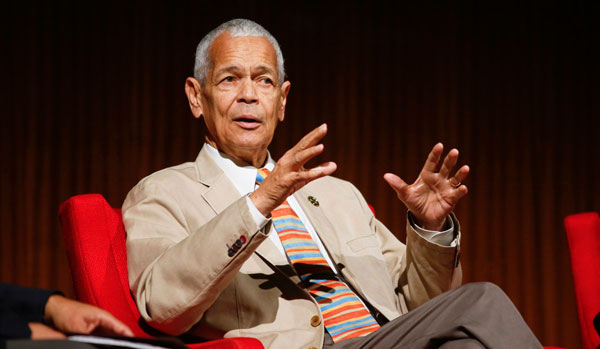The Donald J. Trump administration in the United States has implemented new laws for Caribbean nationals and others who are permanent residents or green card holders.
According to the United States Citizenship and Immigration Services (USCIS), Caribbean and other nationals who failed to admit that they are immigrants, when filing their income tax returns, or who failed to report some of their income, could result in deportation.
Caribbean men, between 18 and 25, who also failed to register with the US Selective Service, could also be deported, USCIS said.
Caribbean and other immigrants could also lose their green cards for being on “an extended overseas vacation,” NBC-2 TV also reported.
It said this “could be considered ‘abandonment’ of the green card.”
On Monday, USCIS began implementing the Inadmissibility on Public Charge Grounds final rule, denying green cards to Caribbean and other immigrants who may need US government assistance.
“In light of the US Supreme Court’s Feb. 21, 2020 decision to stay the statewide injunction preventing implementation of the Final Rule issued by US District Court for the Northern District of Illinois, USCIS will now apply the final rule to all applications and petitions postmarked (or submitted electronically) on or after Feb. 24, 2020,” said USCIS in a statement.
“For applications and petitions that are sent by commercial courier (e.g., UPS / FedEx / DHL), the postmark date is the date reflected on the courier receipt,” it added.
“The final rule, published on Aug. 14, 2019 and originally scheduled to go into effect on Oct. 15, 2019, prescribes how the Department of Homeland Security will determine whether an alien (immigrant) is inadmissible, and ineligible to adjust status to that of a lawful permanent resident in the United States because the alien is likely at any time in the future to become a public charge pursuant to section 212(a)(4) of the Immigration and Nationality Act,” USCIS continued.
It said the final rule also addresses USCIS’ authority to issue public charge bonds in the context of applications for adjustment of status.
USCIS said the final rule includes a requirement that Caribbean and other immigrants seeking an extension of nonimmigrant stay or change of nonimmigrant status “demonstrate that they have not received public benefits over the designated threshold.”
Brooklyn Democratic Congresswoman, Yvette D. Clarke has been expressing outrage over a United States Supreme Court ruling that allowed the Trump administration to deny green cards to Caribbean and other immigrants who may need government aid.
“As a product of the hopes and dreams of an immigrant family, I am outraged by the Supreme Court’s decision to implement the public charge rule – a cruel policy Donald Trump has crafted to jeopardize the lives of our nation’s most vulnerable,” Clarke, the daughter of Jamaican immigrants, told Caribbean Life.
“Historically, the United States has served as a place of refuge for individuals around the world seeking to fulfill the American Dream,” added the representative for the 9th Congressional District in Brooklyn. “Immigrants are our neighbors, our friends, leaders in our communities and even our members of Congress.
“It is disturbing to witness a global leader toying with people’s lives, and we must not stop fighting until Donald Trump is removed from office,” continued Clarke, a very ardent critic of Trump’s immigration policies.
In September, Clarke had joined members of the United States Congressional Tri-Caucus — which includes the Congressional Hispanic Caucus (CHC), Congressional Black Caucus (CBC) and Congressional Asian Pacific American Caucus (CAPAC) — in filing amicus briefs opposing the public charge rule aimed at legal Caribbean and other immigrants who wish to remain in the US but whose dearth of financial resources are deemed likely to make them a burden on US taxpayers.
Amicus briefs are legal documents filed in appellate court cases by non-litigants with a strong interest in the subject matter.
But, in a 5-4 ruling late last month, the Republican-leaning high court honored the Trump administration’s request to set aside a ruling by a US federal judge barring the so-called “public charge” rule while the merits of the case continue to be argued in lower courts.
The court’s conservative justices, including Trump’s appointees, Brett Kavanaugh and Neil Gorsuch, concurred to permit administration officials to implement the policy, while the liberal justices on the court would have denied the request.
Immigration advocates, therefore, warned that the close court ruling will shut the country’s doors to low-income immigrants and people of color, such as those from the Caribbean.
New York Attorney General Letitia James, who had joined several attorneys general across America in challenging the Trump administration’s request, said that she is still in the process of finding a permanent solution to the public charge rule.
“Generations of immigrants have come to this country with little more than a dream in their pockets, but the president’s Public Charge Rule is an egregious attempt to infringe upon the values of our nation,” she said in a statement.
“We have already received a favorable decision in the district court and are continuing our fight against the Trump administration in the Court of Appeals,” James disclosed.
In a court filing, James told the Supreme Court that its “extraordinary intervention” was unwarranted, stating that it would “inject confusion and uncertainty.”
“There is no basis for such extraordinary intervention by this court,” she wrote. “Defendants have not even attempted to identify any urgent need to radically disrupt the status quo that has lawfully governed public-charge determinations for over a century.”


























